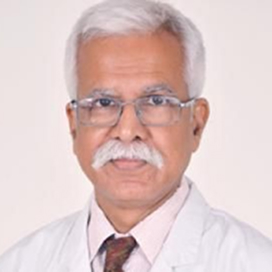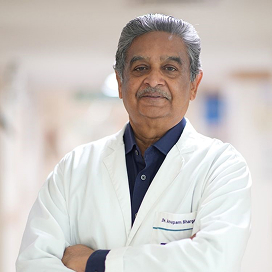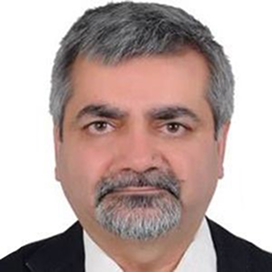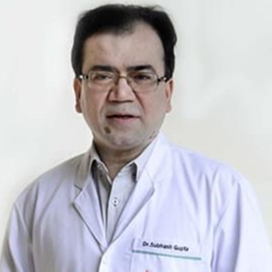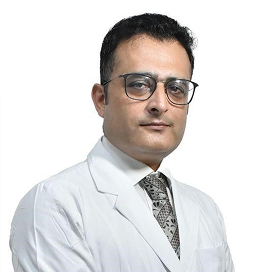Liver transplant
Liver transplant in India is currently experiencing a significant period of advancement. Over the past decade, there has been a consistent rise in the number of liver transplants performed. Although the initial stages of this development faced challenges, recent years have seen notable improvements in transplant outcomes, largely due to the implementation of innovative programs.
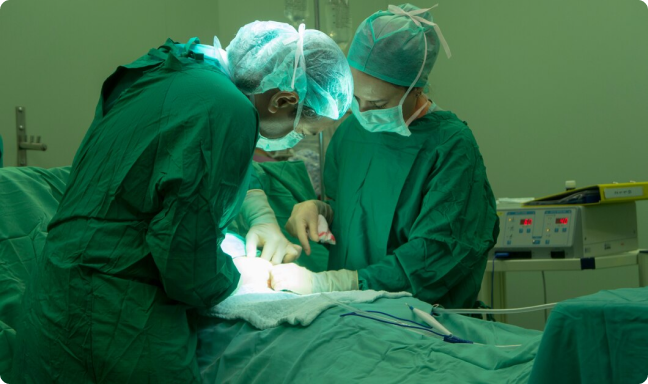
This remarkable growth in liver transplantation activities within the country presents promising opportunities for collaboration with other nations globally. A liver transplant involves the complete replacement of a diseased liver with a healthy liver, which may be either partially or fully donated by another individual. Universelle Medicaid services manage the comprehensive treatment process for patients undergoing liver transplants in India.
In addition to deceased donor transplants, liver transplants can also be performed using living donors. However, not all individuals qualify to be liver donors. A living donor may be a family member or a non-relative, but compatibility is essential; the blood test results of the donor must align with those of the recipient.
Remarkably, a living donor can maintain a healthy lifestyle with the remaining portion of their liver, as this organ possesses the unique ability to regenerate damaged or lost tissue. Following the transplant surgery, the transplanted liver will typically grow to its normal size within a few weeks.
Who need a liver transplant?
A functional liver is essential for sustaining life. When the liver deteriorates and fails to perform its necessary functions, it is often advised that the patient consider liver transplantation. This indicates that an individual experiencing end-stage liver failure may require surgical intervention for a liver transplant.
-
Cirrhosis: Chronic liver disease can arise from various factors, one of which is cirrhosis. Cirrhosis is a prevalent liver condition characterized by the replacement of healthy liver tissue with scar tissue, ultimately hindering the organ's ability to function effectively.
-
Hepatic Necrosis:This acute disease happens when the liver tissue ceases to function. It could be due to sensitive infections or reactions to drug toxicity.
-
Viral Hepatitis:This includes Hepatitis B, C, or D as the major cause.
-
Cholestatic Diseases: Rare liver diseases like biliary atresia, sclerosing cholangitis, cystic fibrosis, etc., can stop liver function.
-
Metabolic Diseases: Wilson’s disease, hemochromatosis, familial amyloidotic polyneuropathy, Alpha-1- antitrypsin deficiency, tyrosinemia, glycogen storage disease, and other related disorders change
-
Early-stage Liver Cancer: If the cancerous tumors start developing in the liver, but it is at the primary or early stage, liver transplant surgery can treat the disorder.
-
Major Symptoms of Liver Transplant: There are four major signs that signify the need for liver transplant surgery.
- 1. Jaundice
- 2. Gastrointestinal bleeding
- 3. Encephalopathy
- 4. Fluid retention
-
Criteria to Donate Liver Transplant Surgery: In order to undergo a liver transplant surgery, the liver transplantation donor would be first assessed and evaluated by the medical professionals on specific health grounds. Hence, the organ donor should be free of the following:
- 1. Liver cancer
- 2. Disabling psychiatric disorders
- 3. Active infections
- 4. Substance abuse
- 5. Alcohol for a minimum of 6 months
- 6. Other diseases
-
Criteria to Undergo A Liver Transplant: There is truly a lot of demand for the transplantation surgery of the liver. However, everyone who wants to transplant whole or partial liver can get one. For liver transplant in India, the healthcare provider does every possible thing to ensure that the transplant surgery becomes successful. As a result, the medical professionals evaluate some criteria after which the patient qualifies for organ transplantation.
- 1. Clinical symptoms of acute liver cancer or liver failure
- 2. Fit to undergo the process of surgery
- 3. Not under the risk of drug abuse or alcohol in future
The healthcare providers determine these factors based on several things. They consider both biological and mental health. In addition, they analyze if there is any record of chemical reliance.
During the evaluation, if any such risky conditions are detected, then those conditions get treated before the surgery. Finally, when the patient meets the criteria for undergoing surgery, their name will be on the national waiting list. A patient with acute liver disease goes directly to the top of the waiting list.
Complications of Liver Transplant Surgery
Liver transplantation carries significant complications, which are associated with the treatment. In order to avoid these risks, the medical professionals evaluate the reports of the patients beforehand to complete the surgery successfully.
Possible Risks and Side-effects of Liver Transplant
Risks associated to liver transplant surgery include:
-
Bile duct complications like leaks, shrinkage, or block
-
Bleeding or blood clotting
-
Infection
-
Seizure or mental confusion
-
Transplanted liver failure
Side-effects of anti-rejection medicine may cause:
-
Headache
-
Diabete
-
Diarrhea
-
Thinning of bone
-
High cholesterol
-
High BP
Investigations for Liver transplant:
A liver transplant involves the replacement of a damaged or diseased liver with a healthy one. Prior to the transplant procedure, both potential donors and recipients must undergo a thorough evaluation.
For donors, this evaluation is crucial. It includes a series of tests designed to confirm the health of the liver. Additionally, it is essential that donors do not have any psychiatric or medical conditions that could complicate the donation process. Evaluative tests such as chest X-rays, blood tests, ultrasounds, and electrocardiograms are conducted to assess both liver health and overall physical condition. The vascular structure must also be suitable to facilitate the liver's removal.
Similarly, the recipient of the liver must undergo a comprehensive evaluation. This process typically spans approximately 7 to 8 days and aims to establish an accurate diagnosis while determining the severity of the liver disease. The results of these tests are critical in assessing the urgency of the transplant and in identifying the presence of any tumors within the liver. For those seeking a qualified surgeon for a liver transplant, Universelle Medicaid Solutions can assist with all necessary medical arrangements.
Cost of Liver Transplants in India
| Treatment | Cost Start From (USD) |
|---|---|
| Liver Transplant | 23,000 - 30,000 |
| Liver Cirrhosis | 2,000 - 2,400 |
| Hepatitis B Treatment | 800 |
| Liver Cancer | 4,000 - 4,400 |
| Liver Resection | 5,600 - 6,400 |
| Pediatric Liver Transplant | 16,000 - 18,4000 |
Frequently Asked Questions(FAQ's)
TREATMENTS
Liver Treatment Surgery

Liver transplant
Liver transplant in India is currently experiencing a significant period of...
More Information
Liver Cancer Treatment
Tympanoplasty surgery is a procedure that repairs holes in the...
More Information
Liver transplant
Liver transplant in India is currently experiencing a significant period of...
More Information
Liver Cancer Treatment
Tympanoplasty surgery is a procedure that repairs holes in the...
More InformationDoctors
Our Specialist Doctors

Dr. Shashank Chaudhary
Surgical Oncology, Cancer Care


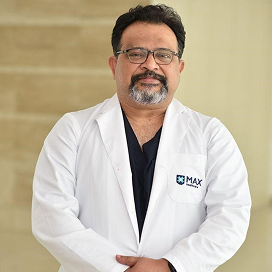
Dr. Vijayant Devenraj
Cardiac Surgery (CTVS), Thoracic



Dr. PrasoonKant Shamshery
Orthopaedics & Joint Replacement


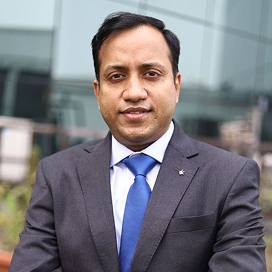
Dr. Vikas Singla
Senior Director & Head – Gastroenterology (Pancreatic-Biliary, Luminal Gastroenterology & Endoscopy Division)



Dr. Anita Sethi
Principal Director & HOD - Ophthalmology (Max Panchsheel & Max Saket)


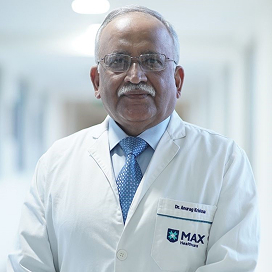
Dr. Anurag Krishna
Chairman - Paediatrics & Paediatric Surgery Paediatric (Ped) Surgery, Paediatric (Ped) Urology



Dr. Bipin Walia
Vice Chairman & Head- Neurosurgery for Max Saket Complex & Vice Chairman- Neurospine, Max Saket


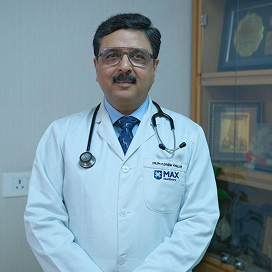
Dr. Dinesh Khullar
Chairman - Nephrology & Renal Transplant Medicine, Max Saket Complex


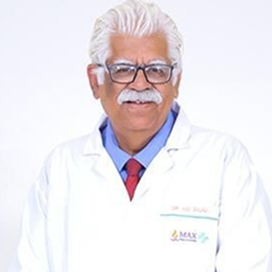
Dr. H.N. Bajaj
Principal Director (Orthopaedics) & Head (Spine Surgery) Orthopaedics & Joint Replacement, Spine Surgery, Arthroscopy & Sports Injury



Dr. Harit Chaturvedi
Chairman - Max Institute of Cancer Care Cancer Care / Oncology, Thoracic Oncology, Surgical Oncology, Robotic Surgery, Head & Neck Oncology, Breast Cancer


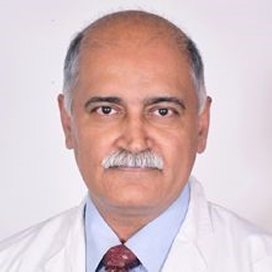
Dr. Kulbhushan Singh Dagar
Principal Director, Chief Surgeon & Head - Neonatal & Congenital Heart Surgery Paediatric (Ped) Cardiac Surgery, Cardiac Sciences, Paediatrics (Ped)



Dr. Pradeep Chowbey
Chairman - Max Institute of Laparoscopic, Endoscopic, Bariatric Surgery & Allied Surgical Specialities



Dr. Sunil Choudhary
Principal Director & Chief of Plastic Surgery (Max Institute of Reconstructive, Aesthetic, Cleft & Craniofacial Surgery (Miracles) Aesthetic And Reconstructive Surgery



Dr. Abhishek Mishra
MBBS, MS - Orthopaedics Orthopedic surgeon, Joint Replacement Surgeon


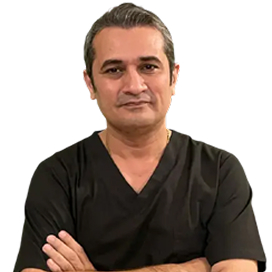
Dr. Vineet Malhotra
MBBS | MS – General Surgery | DNB – Urology/Genito – Urinary Surgery



Dr. (Lt Col) Ashok Kumar
Senior Consultant & Head - Radiation Oncology



Dr. Aman Jyoti
Senior Consultant – Paediatrics Cardiac Anaesthesia & Cardiac Intensive Care



Dr. Amit Kumar
Associate Director & Head (Unit I) - Interventional Cardiology



Dr. Anushtup De
Senior Consultant & Head (Unit l) - General & Minimally Invasive Surgery


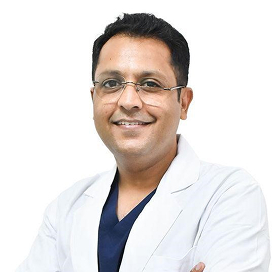
Dr. Arjun Goel
Senior Consultant & Head (Unit II)- General & Minimally Invasive Surgery


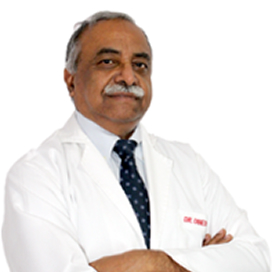
Dr. Dinesh Pendharkar
HOD & Director - Medical Oncology, Cancer Care, Haematology & BMT


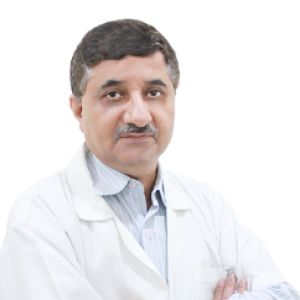
Dr. Subhash Hakoo
HOD & Director - General & Minimally Invasive Surgery



Dr. Sujoy Bhattacharjee
HOD & Director - Robotic Joint Replacement



Dr. Tanmay Pandya
HOD & Director - Nephrology & Renal Transplantation



Dr. Ved Prakash
Senior Consultant & Head - Cardiothoracic & Vascular Surgery



Dr. Anuj Agrawal
Sr. Consultant Department of Orthopaedics & Joint Replacement



Dr. Ashwini Kumar Singh
Senior Consultant & Head Plastic, Reconstructive & Cosmetic Surgery



Dr. Nikhil Gupta
Orthopaedics, Arthroscopy & Joint Replacement Surgery



Dr. Sparshi Jain
Consultant in Department of Ophthalmology



Dr. (Maj) Ravi Shankar
Consultant - Haemato-Oncology & BMT MBBS, MD (Pediatrics) Fellowship PHO & BMT



Dr. Amrita Tiwary Vyas
Consultant, Neurosciences/Neurosurgery, Brain & Spine Specialist



Dr. Ankit Agrawal
Consultant, Neurosciences/Neurosurgery, Brain & Spine Specialist



Dr. Sudhir Sharma
Director - Minimal Access, Robotic, Bariatric and General Surgery, MBBS, MS, MBA, FIAGES, FICLS



Dr. Sujoy Bhattacharjee
HOD & Director - Robotic Joint Replacement


Book Appointment
Complete the form below to schedule your appointment.
Begin Your Health Treatment Journey with Us
By utilizing our services, you'll find it easier to improve your well-being and feel better."
Consult Now




